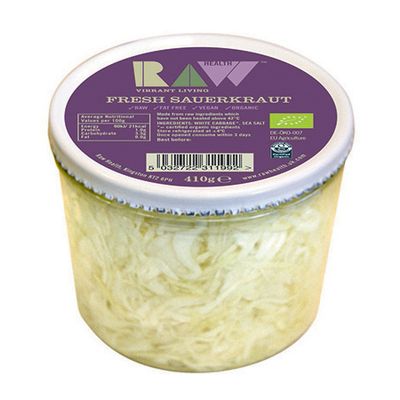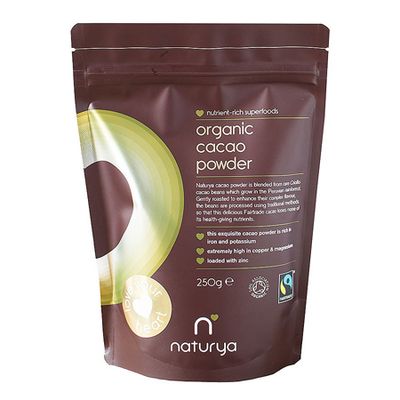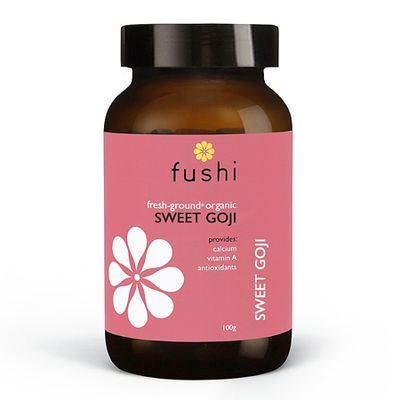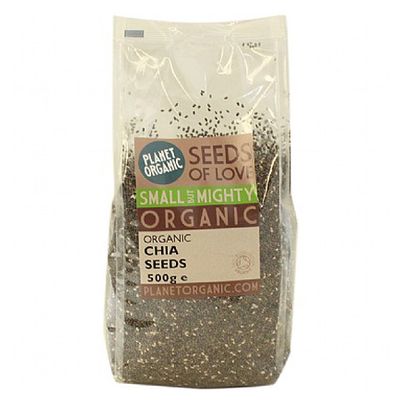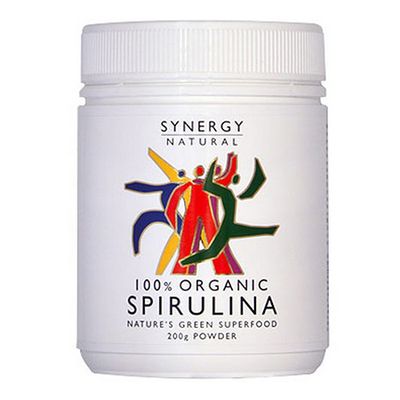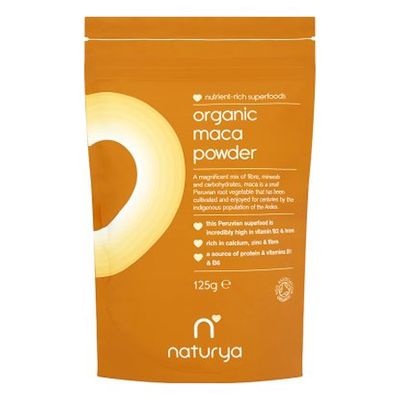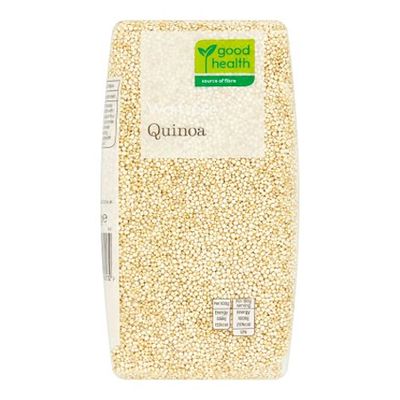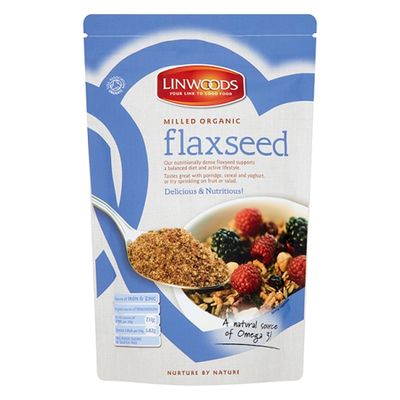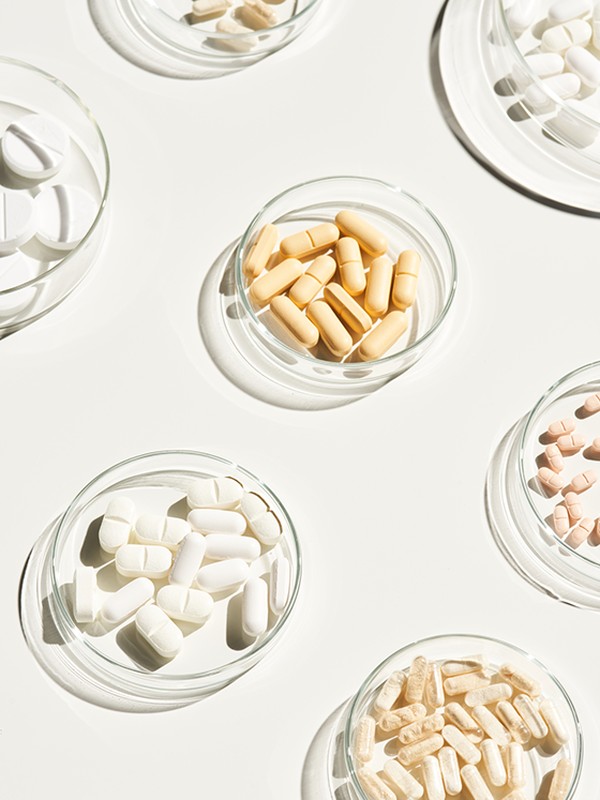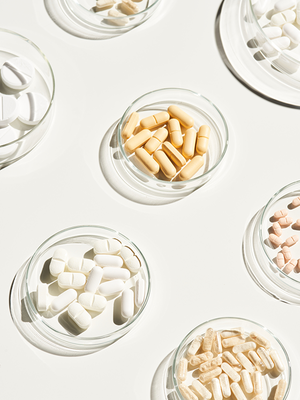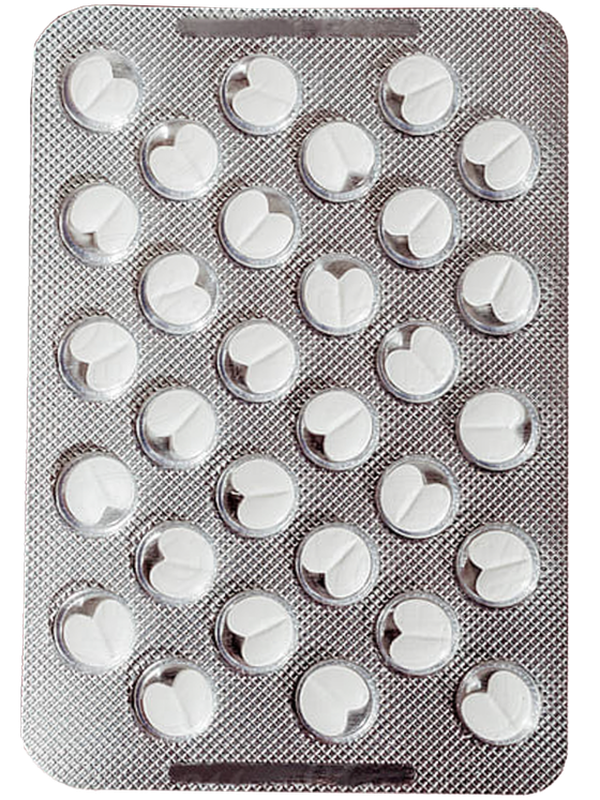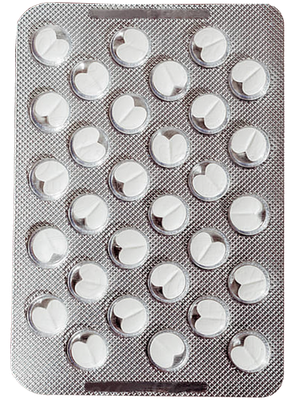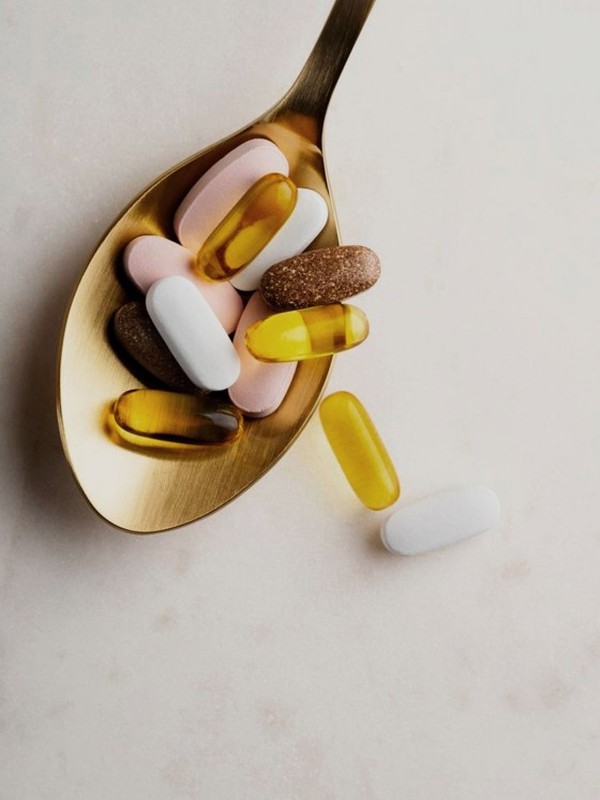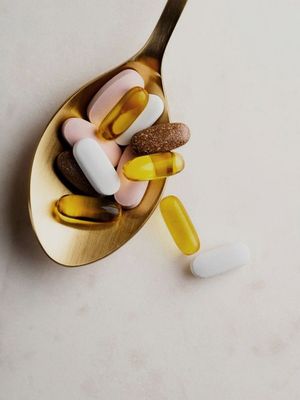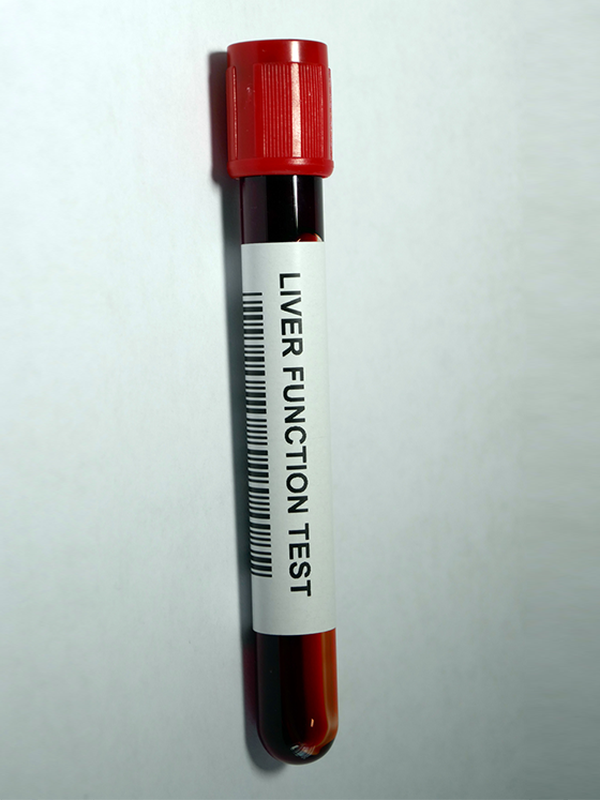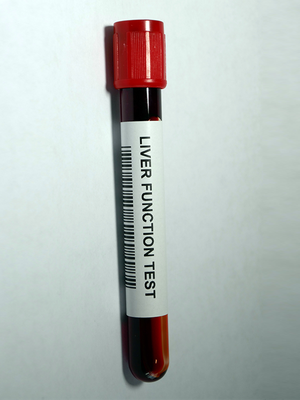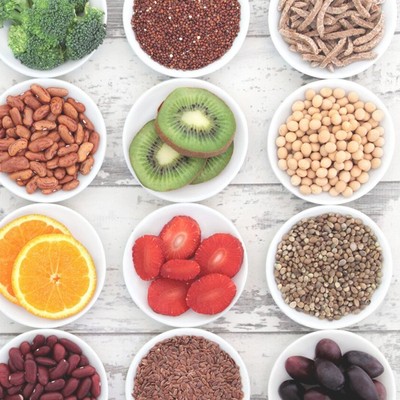
The 8 Superfoods That Really Cut It
Fermented Foods
Although commonly consumed in supplement form, probiotics are also naturally present in fermented foods and are often better absorbed via the diet – proof you needn’t fork out on pricey supplements. From promoting immunity to burning belly fat, there are plenty of reasons to start adding a few extra servings of fermented foods to your plate: probiotics can help block the growth of harmful bacteria in your gut, boosting the immune system and fighting inflammation. The best bit? The fermentation process boosts the vitamin and mineral content of food, too.
HOW TO EAT: Tempeh, kefir, miso, probiotic yoghurt, kombucha, kimchi and sauerkraut are healthy and nutritious fermented foods – add a couple of extra servings in a day and prepare to reap the benefits.
Raw Cacao
Did you know cacao contains more antioxidants than any other plant food on earth? It’s a cornucopia of natural compounds, including serotonin and endorphins, both of which have been shown to ease depression and promote feelings of wellbeing and happiness. Brimming with antioxidants (40 times the antioxidants found in blueberries) and minerals (it’s the best plant-based source of iron), cacao has also been shown to increase the overall pumping action of the heart muscle and help alkalize the body, which can help to fight disease.
HOW TO EAT: Buy the best raw cacao powder you can afford and try adding to everything from smoothies to porridge; one or two tablespoons will do the trick.
Goji Berries
Boasting 18 amino acids, 21 trace minerals, more iron than spinach, more vitamin C than an orange and the highest beta-carotene content of any food, it’s no wonder goji berries have been used for decades in traditional Chinese medicine. They’re also 13% protein, making them one of the most protein-rich and nutritionally dense fruits (one cup contains 12g of protein), and packed full of antioxidants and phytochemicals, they can help to reverse free-radical damage and fight the signs of ageing.
HOW TO EAT: With a sweet and slightly sour flavour (think somewhere between a raisin, cranberry and tomato), goji berries are easy to incorporate into sweet and savoury dishes. Add a handful to smoothies, breakfast bowls, porridge and even guacamole. Aim for a 20-25g serving daily.
Chia Seeds
These deceivingly small seeds pack a major nutrition punch – it’s no wonder they were once the fuel behind the mythic athletic endurance of Aztec warriors. One of chia seeds’ most unique qualities is their ability to turn into an almost solid gel form when soaked in water: chia gel slows the digestion of carbs, a real benefit for both diabetics and gym goers looking for sustained energy. With an ability to slurp up this much water, chia seeds also help the body to maintain optimal levels of hydration and they’re also the highest plant source of omega-3s and are rich in calcium to boot.
HOW TO EAT? Just two tablespoons provide 100mg of bone-building calcium, 7.5g of fibre and 3g of protein – try stirring into porridge and smoothies or make a chia pudding with your favourite dairy-free milk and a little vanilla paste.
Spirulina
Spirulina is a blue-green algae and one of nature’s most potent superfoods. Packed with fatty acids, vitamin B-12, iron, magnesium, zinc, copper, selenium and chromium, the detoxifying plant supports healthy brain function, bolsters the immune system and promotes strong vision and healthy skin. Plus, at 50-70% protein, it ranks as the highest source of protein in the plant kingdom.
HOW TO EAT? With a slightly nutty, cheesy flavour, spirulina can help bring your kale chips to a whole new level – mix with nutritional yeast, sea salt and a dash of cayenne before sprinkling on top of your kale and sliding in the oven.
Maca
This powerful root has been a culinary staple in Peru for over 2,000 years. A natural energiser and aphrodisiac, maca contains the nine essential amino acids the body can’t produce on its own, making it a complete protein. A great source of fibre, magnesium, B, C and E vitamins, maca is also an adaptogen, meaning it helps the body adapt and respond to stress in a healthy way. An instant stamina boost, it can also help those looking to cut back on their caffeine intake.
HOW TO EAT? Maca has a malty flavour, so try mixing with almond milk, cacao powder, coconut oil, cinnamon and honey for a superfood-laden hot chocolate.
Quinoa
You may feel the wellness world has reached peak quinoa, but there’s a reason the craze for this ancient superfood shows no sign of slowing down. Loaded with twice as much fibre than most grains – helping to reduce cravings, increase metabolism and reduce blood sugar – it’s also a rich protein source: just one cup of cooked quinoa is packed with 8g of protein and contains all the essential amino acids. Unlike other grains, quinoa is also a great source of magnesium, calcium, phosphorus, potassium, zinc and iron, and contains a bevvy of B vitamins as well as essential fatty acids.
HOW TO EAT? With a texture similar to couscous, quinoa is surprisingly versatile and affordable when you buy in bulk (try Ocado or Holland & Barret). Looking to mix up your quinoa salads? Try stuffing into vegetables, using instead of flour in bread and swapping out oats to make your morning porridge.
Flaxseed
High cholesterol? Consider adding flaxseed to your daily routine – it’s been proven to decrease the ratio of LDL (bad) to HDL (good) cholesterol in the body, as well as protect our blood vessels from inflammation. These tiny seeds also boast more antioxidants than blueberries, more omega-3 fatty acids than salmon and a unique fibre called ‘mucilage’ found in very few foods: this high-fibre content can help to keep your digestive tract regular and optimise the absorption of nutrients in the intestinal tract.
HOW TO EAT? Flaxseed can be purchased either whole or ground; since it can be quite hard to chew, ground flaxseed is a more versatile way to incorporate the superfood into your diet – sprinkle on everything from salads to cereal. Try to aim for around one or two tablespoons per day.
DISCLAIMER: We endeavour to always credit the correct original source of every image we use. If you think a credit may be incorrect, please contact us at info@sheerluxe.com.
